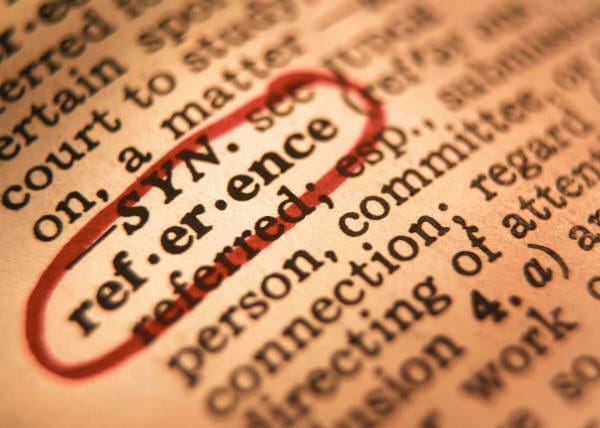
We writers research…a lot. It’s unavoidable. No matter what you write, you need to look something up. We know you can’t automatically trust anything you read or see on the Internet but you need to vet books as well. How do you determine if a resource is reliable?
Date
Before I invest in any print resources, I look at the copyright date. I’m a little wary of any book published pre-2000’s. For me, using a book that old is only acceptable if I’m looking for older info or if that’s the only book written on the subject.
I also look at the copyright date on a website. (Can be found at the bottom of the page) If it doesn’t say the current year, I want nothing to do with it. Some information is timeless, some are not.
If you’re looking for social media tips, find content dated within a year. Ideally, you want something published the same year. Social media changes too frequently. Certain content published a year ago could be too old to be useful.
This is similar to date. Most websites have content that’s updated frequently. Whether it’s a blog post, event notice or industry news. For this, I give the site about a week. If the content is a week old, then it may not be the best place to get information. This is on a case by case basis. If they hadn’t posted any updates in a week but before then had been posting regularly then, I give them the benefit of the doubt.
Author
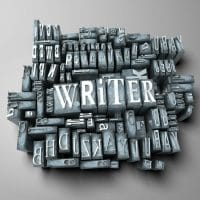
There’s a reason websites have “About Me” pages and guest articles/posts have bios at the beginning or end. This is the writer’s way of telling you why you should listen to what they have to say.
URL
No matter your opinion of the government, the information found on .gov sites are already vetted. Don’t blindly assume everything said is fact but in the world of research, siting .gov is acceptable.
Reviews
I generally don’t buy a book without looking at reader reviews on either Goodreads or Amazon, sometimes both. If you’ve ever checked out a reader/user review, you know they’re as good or better then the critics and there are usually a lot of them. And, they’re extensive.
I look at them to determine why people like or don’t like this book. 20 people could dislike a book but their reason could be something I like in a book. Or, it could be the opposite. 20 people love the book for something I dislike.
I’m wary of books on Amazon written pre-2010 without a review. One thing this Social Media age has taught us is people like to voice their opinions. If the resource is that old and no one has said anything about it then, it may not be worth your investment. This type of book warrants a library visit.
Appearance
I use this more for videos and websites. Every so often you may come across a website that looks like this:
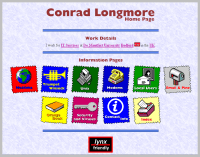
It doesn’t matter to me if the site is dated this year, this 90’s design does not scream “I know what I’m talking about”.
Same with videos. The below video has the potential to be a brilliant resource because of how the content is presented.
The saying “Don’t judge a book by its cover” only applies to people. Resources wrapped in unimpressive packaging don’t scream trust me.
What About Wikipedia
You’ve heard how untrustworthy Wikipedia is. How people have created false content. However, in grad school I read a convincing article about why Wikipedia isn’t so terrible. I’ve come across several instances where someone put content on it that wasn’t true and another person, or people, came behind them and fixed it.
This was the argument the article made to why Wikipedia wasn’t the bane of every researcher’s existence. You have dozens of people working on one entry. Wikipedia shouldn’t be your only resource but if you know nothing about a topic, it’s a good place to start.

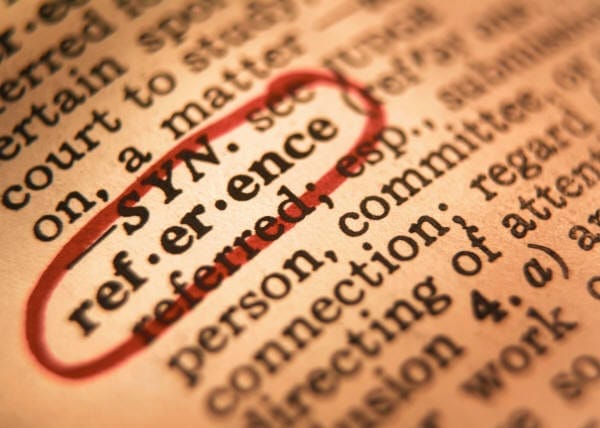

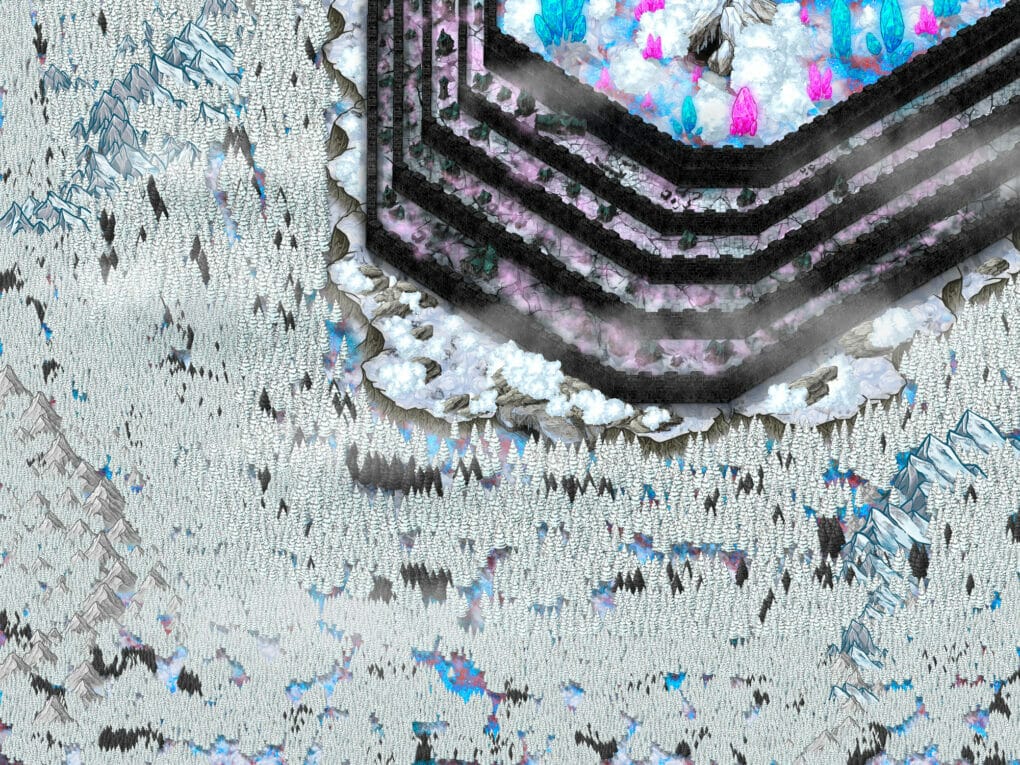
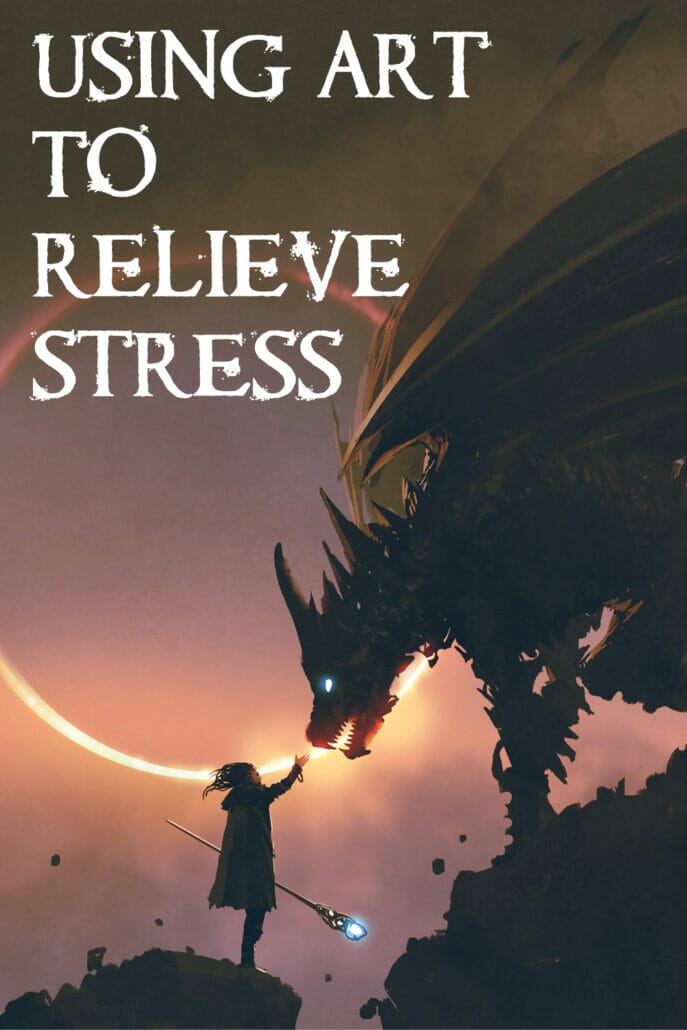
6 thoughts on “Judging Resources”
This is such an appropriate post for me because I'm currently researching for a new book. 🙂 I've met people at writer's conferences who work on verifying info on Wikipedia. I think the content is more reliable than it used to be, but I still double check everything.
So true…..Good food for thought…
There have only been two books I read which surprised me because they were self-published and I'd never heard of them before reading the blurbs. It was the blurb that got me to buy, but then they were extraordinarily great stories.
One was Man in my Basement and the other was Ignorance Ain't Got No Shame.
Almost all other books, I do read reviews and take them to heart, except the freebies and the .99 books. I buy them on a whim! 😀
Good advice. No one's situation is the same as another's. Although most give advice with positive intent, their way may not work for you. Also, Wikipedia is a good place to start if you have no knowledge of a subject. But it is just a start.
With online resources, especially considering how much research I do, I always triple or quadruple check everything.
Very good advice!
Great post! The miracle of Internet! (At least as far as updating information goes.) I agree, Wikipedia is a great starting point especially if in a subject you know too little about, but always check the foot notes and their sources and look at other sources that seem reliable. I have to agree about the author bios–if they don't leave one, or a website doesn't have an "About" page, I become very skeptical of the source. It makes me think the author or organization of the website have something to hide and so unless I can easily track down their credibility, I often don't bother with such sources. As for critics, as long as they're good and analyse a work thoroughly, I admire them but I'm always the final judge of whether a work is "good" or not as far as my own tastes go.
Comments are closed.